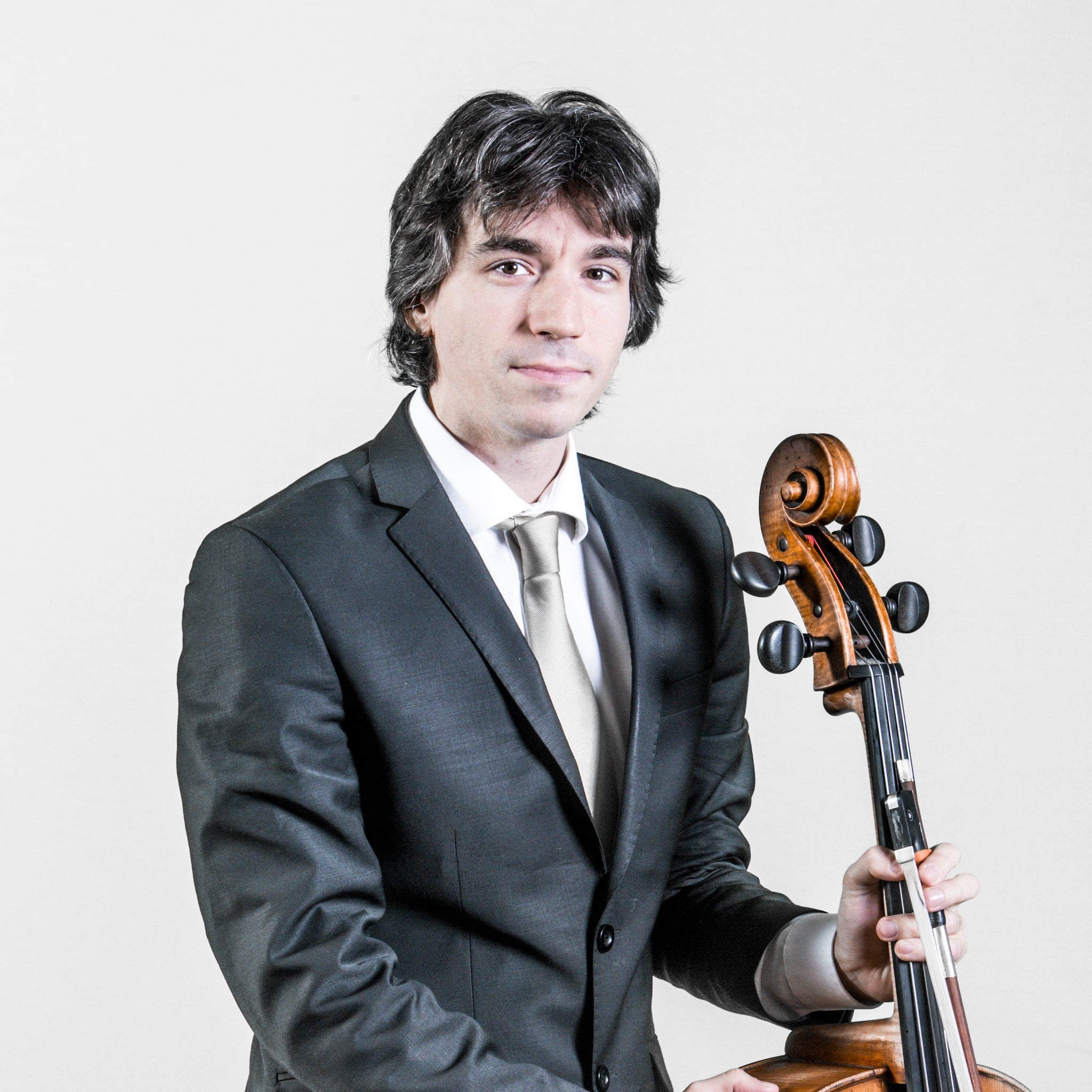Pierre Boulez, five years on
mainNinety years old when he died, five years ago today, Pierre Boulez was the dominant creative musician for more than half a century – dominant not so much for what he composed but for the doctrines he insinuated and imposed.
He was the most articulate of modernists, the most persuasive of atonalists. He could persuade you in the same breath that the future of music would be mechanical, and that it would be orchestral.
He was a man of immense charm, infatuated with his own power. His image was everywhere, in Berlin, Paris, London, New York and (below) in Chicago bus stops.

Five years on, who speaks of Boulez?






Comments